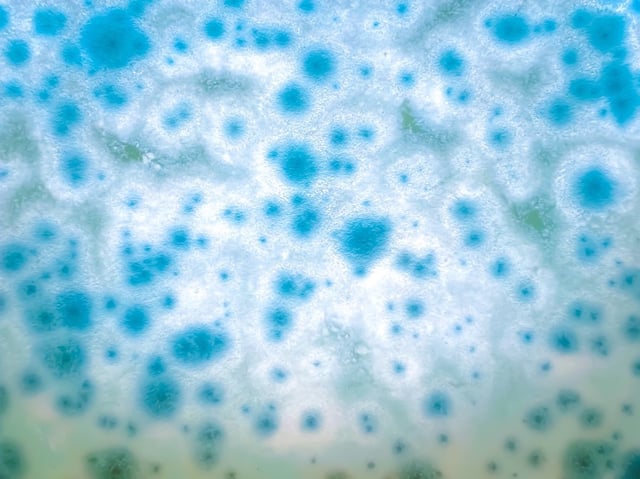Overview
- Loyola Medicine’s Allergy Count registered 82,121 mold spores on Tuesday, the highest reading since tracking began in 2011 and slightly above the 82,000 mark set in August 2014.
- The following day’s measurement fell to 28,000, which Loyola still classifies as a high level despite the sharp decline from the record.
- Dr. Rachna Shah says the spike stems from seasonal decay of leaves and plant material combined with dry conditions.
- People with mold allergies are advised to stay indoors when counts exceed 50,000 and to keep windows closed, shower and change clothes after outdoor exposure, and consider a mask for outdoor activities.
- Loyola’s weekday pollen and spore monitoring underpins public guidance, and experts say elevated mold levels may persist until a first frost occurs.

